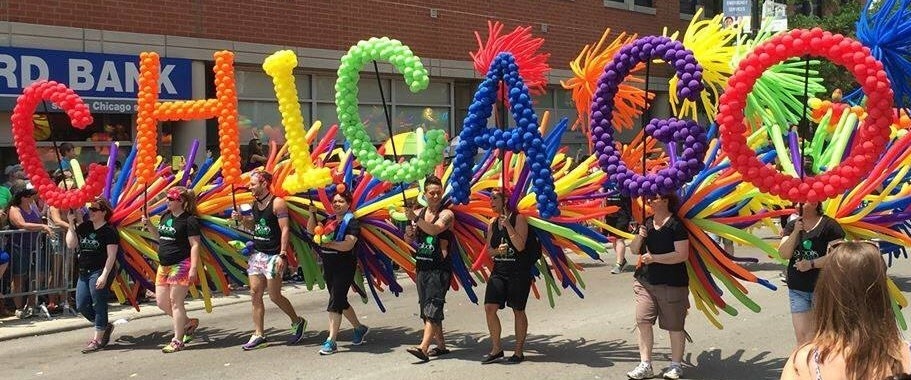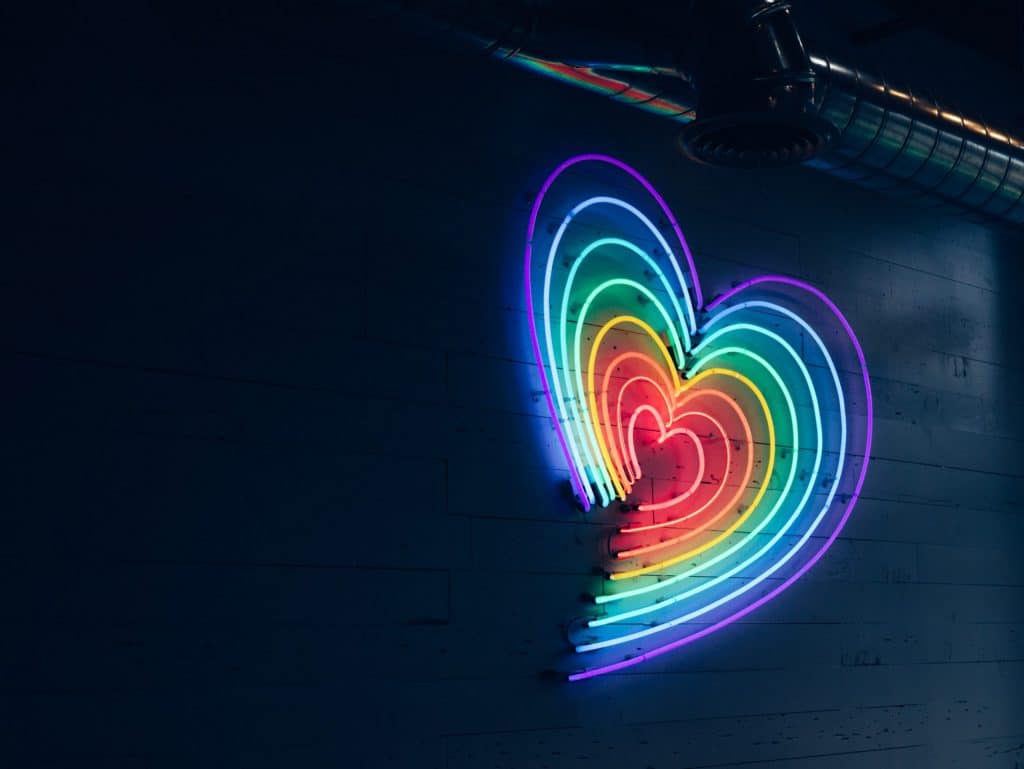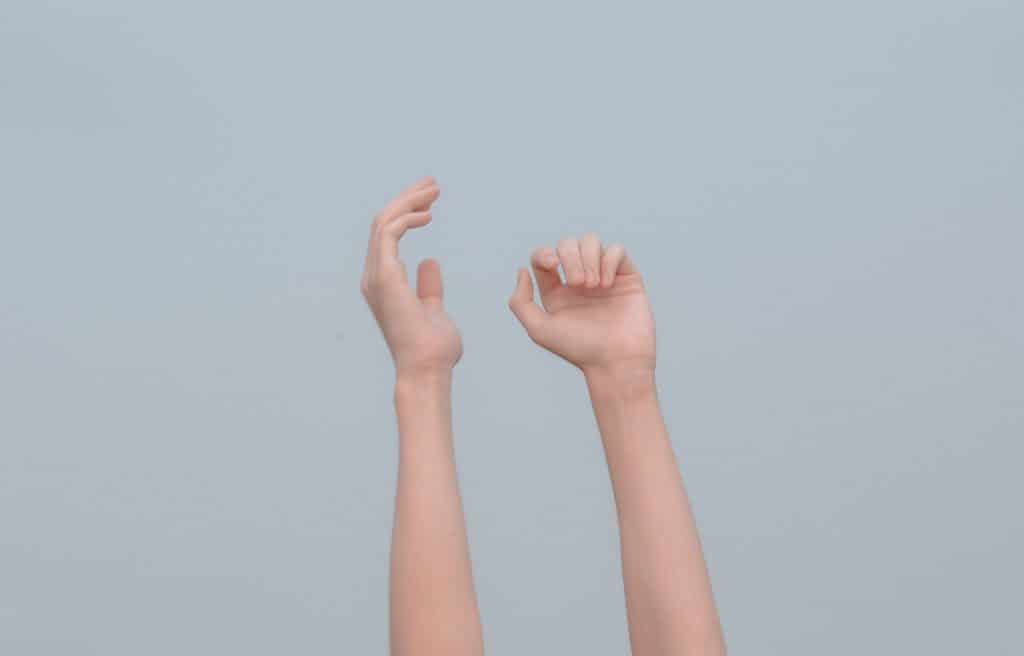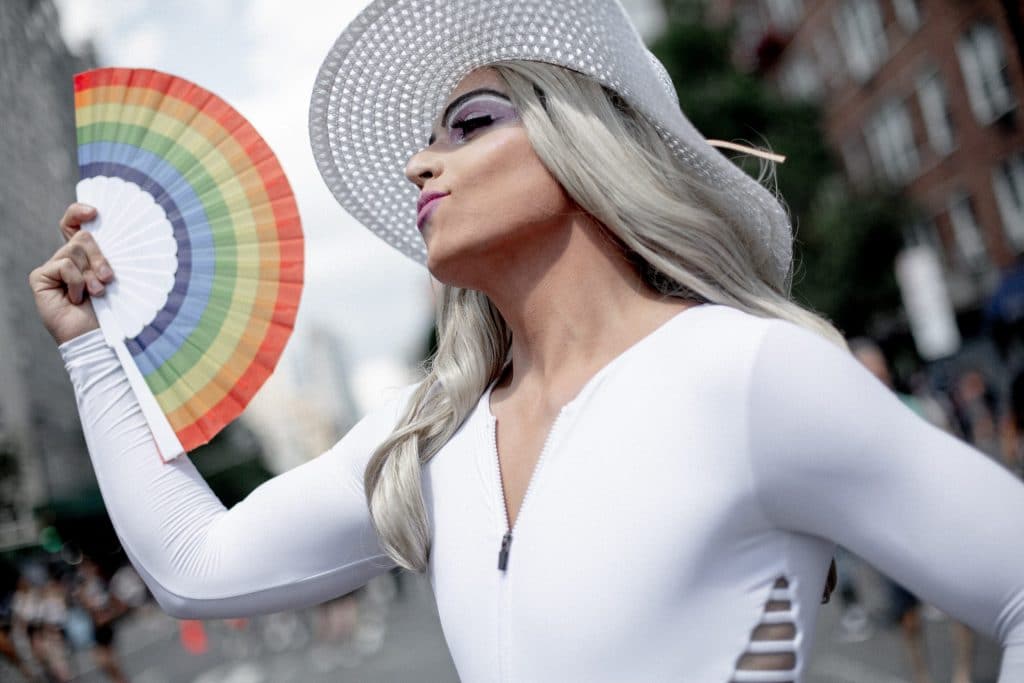LGBTQ Therapy in Chicago : Our Team Understands your Community
Issues and Needs In The LGBT Community
Members of the LGBTQ community in Chicago deserve mental health services that are culturally competent.
Don’t you hate when folks reference gay individuals as “homosexuals,” or call same-sex relationships “gay” relationships (without realizing that some folks in same-sex relationships may not self-identify as gay or lesbian)? We do too.
Or what about the invisible needs of a queer-identified partner of a trans or nonbinary person, or in an opposite-sex relationship?
Culturally-sensitive terminology to identify and discuss the needs of our queer community is just the beginning. Culturally sensitive care seeks to understand you as a transgender, queer, bisexual, intersex, nonbinary, gay, questioning or lesbian individual (and all the other letters we may have left out!)
Many therapists in the Chicago area seek to provide culturally relevant care, due to an increased commitment to social justice principles. We applaud these efforts, but we believe in offering care that moves beyond being well-meaning.

blank placeholder
Coming Out
Sometimes we discuss “coming out” as a process that each member of the community needs to traverse, in their own way and own time.
Coming out can refer to the first time you make the transition from assumptions that other people made about your outsides, to a fully realized and articulated identity that matches your insides.
Coming out as lesbian, gay, bisexual, non-binary, queer, or transgender is an especially stressful time. Memories of all the ways in which this may have been a traumatic experience for you can take a toll on your mental health—for example, if your family, friends, or other important communities did not fully accept you as you are.
However, as we know, the coming out process never really stops.
Any time you move to a new neighborhood, job, or social group, you may find yourself stressed by the process of having to name your queer (or transgender or non-binary) identity to others. Fears of judgment or the burden of correcting false assumptions about you and your relationships may cause social anxiety or the feeling of not quite being seen, heard, or fully known in your important social circles. These fears may be intensified if you had a traumatic coming out experience.
The burden of coming out may make fully accessing social networks or fitting in at work difficult. Anxiety, panic attacks, or PTSD may result.
We want to understand any strain that these situations may have on your mental health or ability to feel fully supported.
Heterosexual Norms, Transphobia & Homophobia
I remember the moment when I heard that same-sex marriage was finally legalized. After years of “don’t ask, don’t tell” military policies, and a separate but (un)equal approach of “domestic partnerships,” seeing the efforts of Equality Illinois and other national groups finally realized brought tears to my eyes. Even as those earlier efforts sought to legitimize gay or lesbian relationships, we also understand that they effectively invalidated them.
There is no substitute for being fully equal in society.
Many well-meaning mental health therapists may apply heteronormative standards to you and your relationships. There may be a presumption or unintentional pressure for your lifestyle to mirror that of the larger heterosexual society.
Perhaps as a gay man, you may feel you need to hide that you and your partner have negotiated healthy, consensual sexual encounters outside of your established partnership.
Lesbian partners with children may struggle to navigate questions around “whose child is that,” and other offensive questions about your family structure.
Non-binary individuals may feel pressured to just “choose” one gender identification, to lessen the discomfort that gender identity issues seem to raise for other people.
Bisexual or queer individuals may be accused of being “confused,” or may simply be labeled as “straight” or “lesbian,” regardless of one’s own self-identification. Your current chosen relationship may define you, rather than you defining you.
And transgender folks need to navigate a world where hatred can quickly become humiliating or even life-threatening.
Any defenses you have developed around these homophobic and transphobic realities might not feel adequately understood. You need a safe space to explore how these experiences still impact you today.
Abusive Childhood Experiences & Bullying in the Gay Community
If you experienced childhood sexual, verbal, or physical abuse, or witnessed domestic violence growing up, you may worry that a new therapist will assume that these abuse experiences “caused” your sexual orientation or gender identity.
It can be difficult to open up if fear of judgment permeates the therapy experience.
We understand that childhood abuse never “causes” you to form an LGBTQ identity, even as we know that LGBT youth experience abuse at much higher rates than straight children.
Children who are suffering from low self-esteem, have few friends and face unconscious bias from their social worlds present a more accessible target for bullies and sexual predators.
My therapy practice in Chicago offers highly experienced trauma counseling, to help you unpack these earlier experiences and move towards greater healing and integration.
Trauma and Bullying
LGBT youth and teens face enormous bullying, and the scars from these experiences can last a lifetime.
Traumas can extend into religious abuse, including being forced to leave a judgmental church environment or internalized fears around how your choices and the spiritual beliefs you were raised with conflict.
Threats and verbal or physical abuse from family may intensify as you come out, and in extreme cases, you may choose to leave home early, with few family supports as you made your way into the adult world. This can be a very scary and lonely time. Being on guard for predatory or exploitative experiences may become second nature.
Coming home from college may have involved compartmentalizing your new life at school, and unspoken family expectations. Or, you might not want to tell all of your friends about your newly-emerging self.
You may not feel comfortable introducing a same-sex partner to family events during the holidays, and a feeling of alienation or depression may worsen around special events. You just can’t join in the celebration in the way that you might wish.
Even if the scenarios listed above are a more distant memory for you, the ongoing impact on your mental health in terms of depression or anxiety may not have fully lifted. Healing from the impact of past traumas may be aided through EMDR therapy or expressive art therapies.
GLBT Community and Substance Abuse
The research shows that gay, lesbian, bisexual, transgender, and queer teenagers abuse substances at far higher rates than their straight counterparts.
Drinking and other drug use patterns can begin early, and the age of first illicit drug use is much younger in our community than in larger society as a whole.
There are so many possible reasons for this, we cannot possibly name them all. But as a starting place, we recognize that the stresses of coming out, attempting to cope with the impact of ongoing bullying, and engaging in early sexual relationships that may trigger internalized homophobia are definitive factors.
Once a person begins to come out more, traditionally the environments where we find community center largely on dance clubs and bars- fun, yes, but hardly a place to build a well-integrated and mature support system.
You may need counseling services that can incorporate perspectives around binge drinking, or alcohol and other drug abuse.
LGBT Affirming Therapy Available
Our mental health services on Chicago’s northside offer you the culturally-sensitive therapy that you deserve.
My psychotherapy practice in Chicago seeks to provide you with the highest level of care. The therapists of my practice are either self-identified members of the community or are dedicated allies who have access to colleagues who can help them continue to grow as LGBTQ-affirming clinicians.
However, as mental health professionals, we also recognize that YOU are the expert in your own life. We welcome the privilege to get to know you, and the issues important to you, from your cultural lens.
Thanks for entrusting your mental health therapy needs to us.
-Vanessa E. Ford, LCSW, CADC
LGBT Resources
- The Center on Halsted — offers a beautiful, inspiring community space.
- Howard Brown — is the Midwest’s largest LGBT center, offering services to meet all of your needs. Satellite centers have grown to span more Chicago neighborhoods.
- It Gets Better Project — offers hope to our queer youth, that life gets better as you become more fully you.
- The Rec Room — provides a diverse, inclusionary space on Chicago’s northside, for those in 12-step recovery.
- Gay & Sober — will help you connect to gay and lesbian inclusive 12-step meetings in Chicago.
- The New Town Alano Club — offers a safe space for gay, lesbian, bisexual and transgender folks in 12-step recovery on the northside of Chicago.
- PFLAG Chicago — offers confidential education, advocacy and support for LGBTQ individuals and their families.



